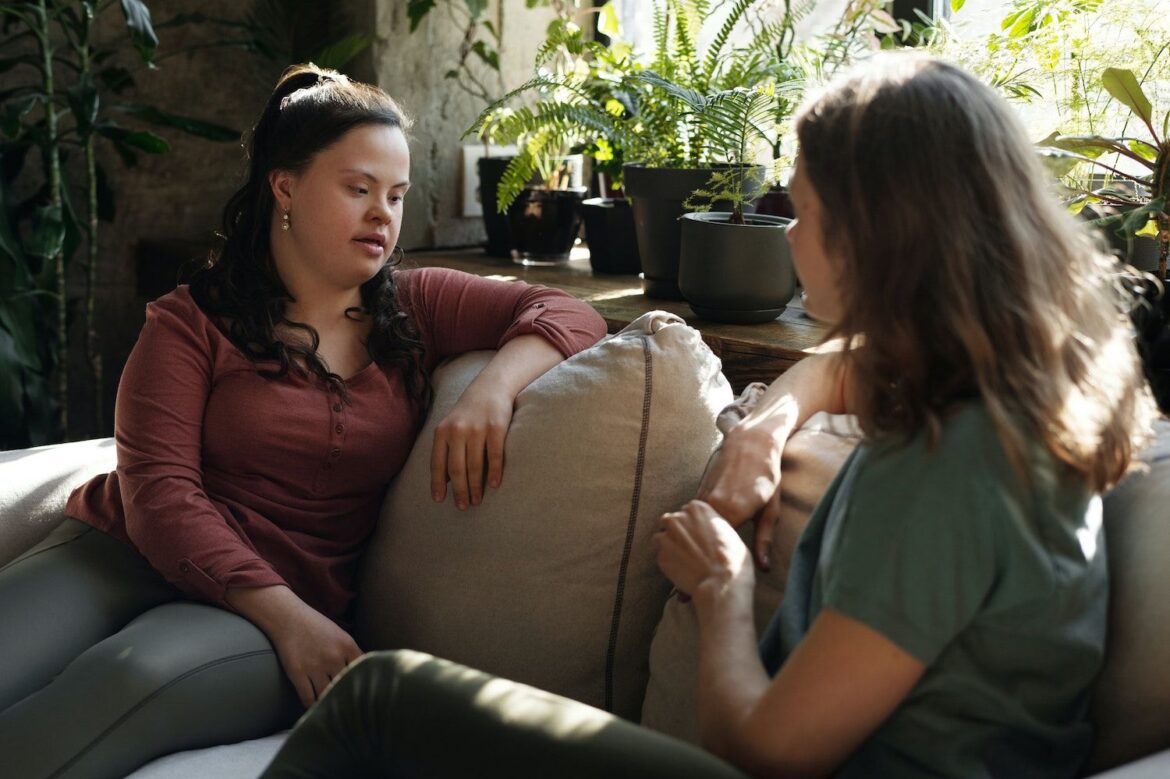You’re worried about someone and unsure how to broach it, we’ve all been there. Here we share our tips to get a conversation about mental health started
Today is Time to Talk Day, a campaign run by Mind and Rethink Mental Illness in partnership with Co-op. The aim of the campaign is to open up the conversation about mental health, encouraging us to create a sense of community and support.
Conversations can change lives, encouraging people to reach out for support or simply realise they’re not alone in what they’re going through. Of course, along with awareness and conversation needs to be funds for support. This is an area Co-op are tackling, raising £8m for Mind and Scottish Association for Mental Health (SAMH) to both deliver Time to Talk Day and to support services in over 50 local communities in the UK.
When it comes to starting conversations, however, knowing what to say can be tough. We reached out to our team and community to find out their favourite ways to start a conversation about mental health
Ask twice
Sian Davies, membership services manager here at Happiful, says a simple but powerful technique is to ask twice.
“Ask, ‘are you OK?’, wait for their response and then ask, ‘But are you really OK?’. This is something I’ve used and I’ve found it quite powerful!”
It’s so easy to reply “I’m fine” automatically to a question like this, but by asking twice you’re encouraging them to think again and be honest with themselves and you about how they’re feeling.
Remember, the talk can be virtual
Fitness pro and member of Happiful’s readers panel Maureen Parker works online with older adults.
“If I think someone may be a bit low, I will ask them if they fancy a coffee and chat in the Zoom cafe.”
This is a great idea, especially if you’re mostly socialising or working online right now. It can be harder to spot subtle behaviour changes online, especially if you rarely chat on camera, so don’t be afraid to initiate the conversation if you’re not sure – if you’ve got it wrong, they will let you know.
Have a genuine intent to listen
For Deborah Bulcock, member of Happiful’s readers panel, it’s all about context and having the intent to listen.
“So much of the effectiveness of supporting someone is about existing relationships – the non-verbals, context and situation. So my tips are always about a simple starter question with the genuine intent to listen and explore the response. E.g. How are you feeling today? I’d love to know how you’re doing at the moment. What’s going on for you at the moment? And then listen listen listen.”
If you ask the question and make it clear you have time and space to listen, the person you’re talking to will respond to that.
Start with a compliment
Sarah Veness, member of Happiful’s readers panel, explains how compliments can be a helpful starting point.
“Starting with a compliment will either get a positive response or a negative one where the person has the opportunity to express what they are feeling, and you can go from there but the most important thing to do is listen.”
Notice how they react and see how the conversation flows from there.
After the conversation…
Opening up the conversation around mental health is great, but how can you support them moving forward? Signposting them to where they can get support can be really helpful. You could offer to go with them to see their doctor, send them links to relevant charities/support groups, or encourage them to explore private therapy.
We’ve also rounded up some of our resources on supporting others:
How to support your friends without sacrificing your mental healthHow to help a friend with depressionHow to help a friend who self-harmsHow to support your significant other with their mental health5 ways to support someone who is grievingHow to support someone who is hearing voicesHow to support a friend with borderline personality disorder
Your support and listening ear could mean the world, but don’t forget to look after yourself in the process. You can only pour into others if your cup is full.
If you or a friend is looking for a therapist, visit Counselling Directory to see who could help.

